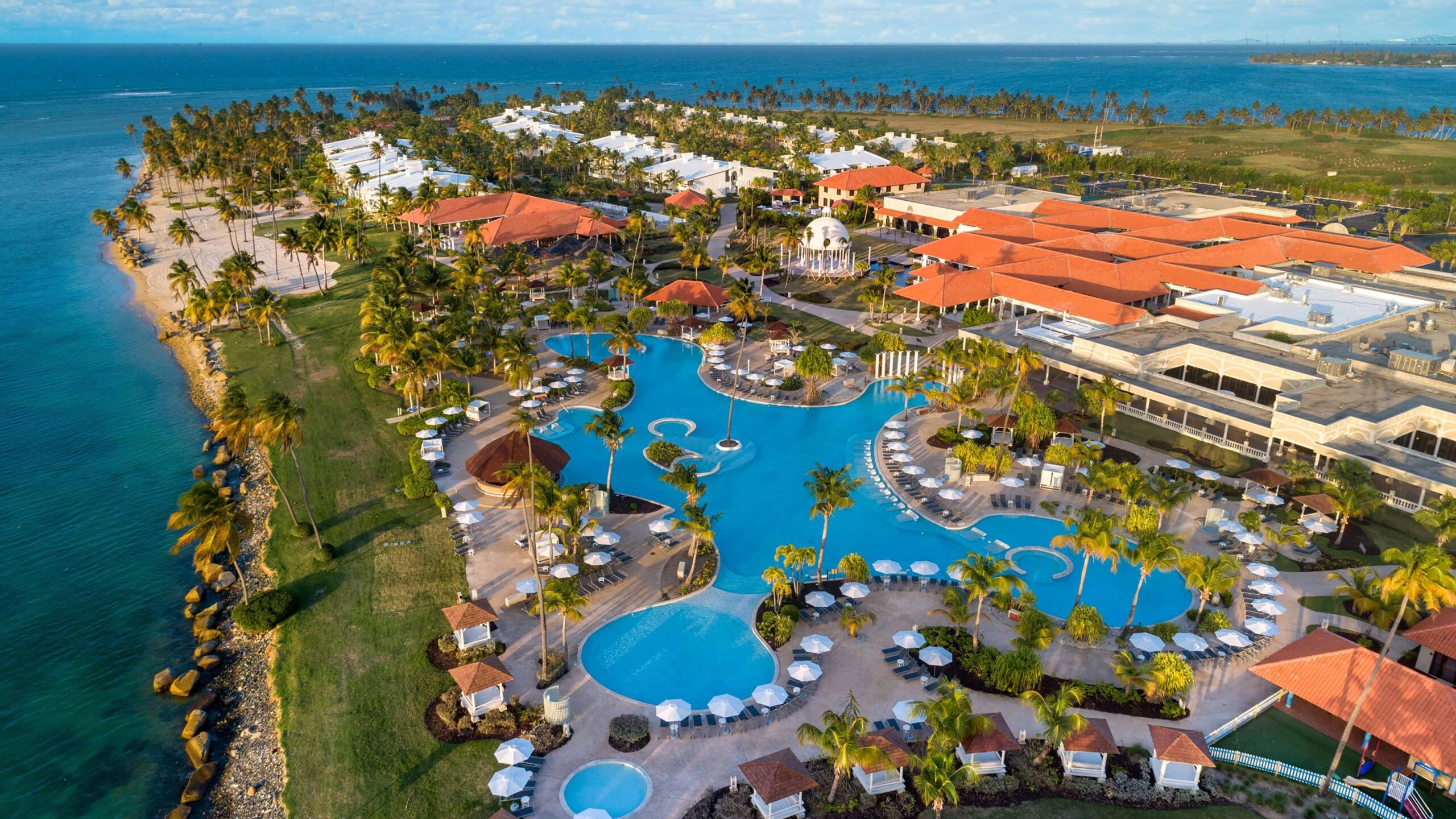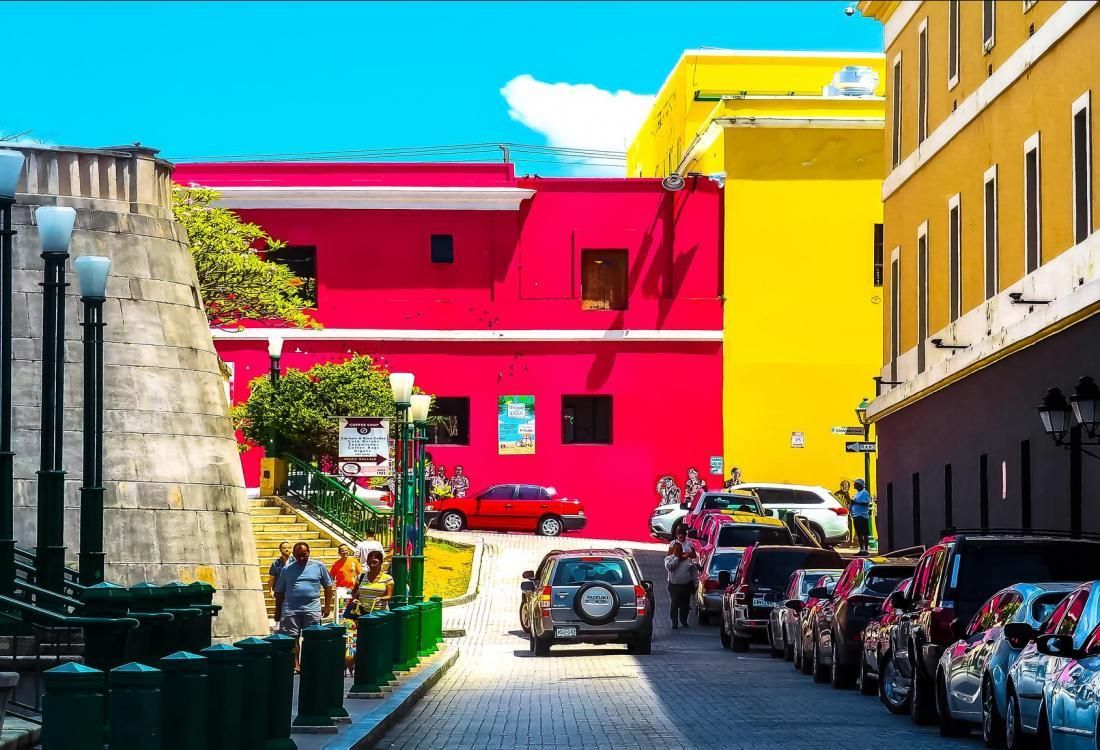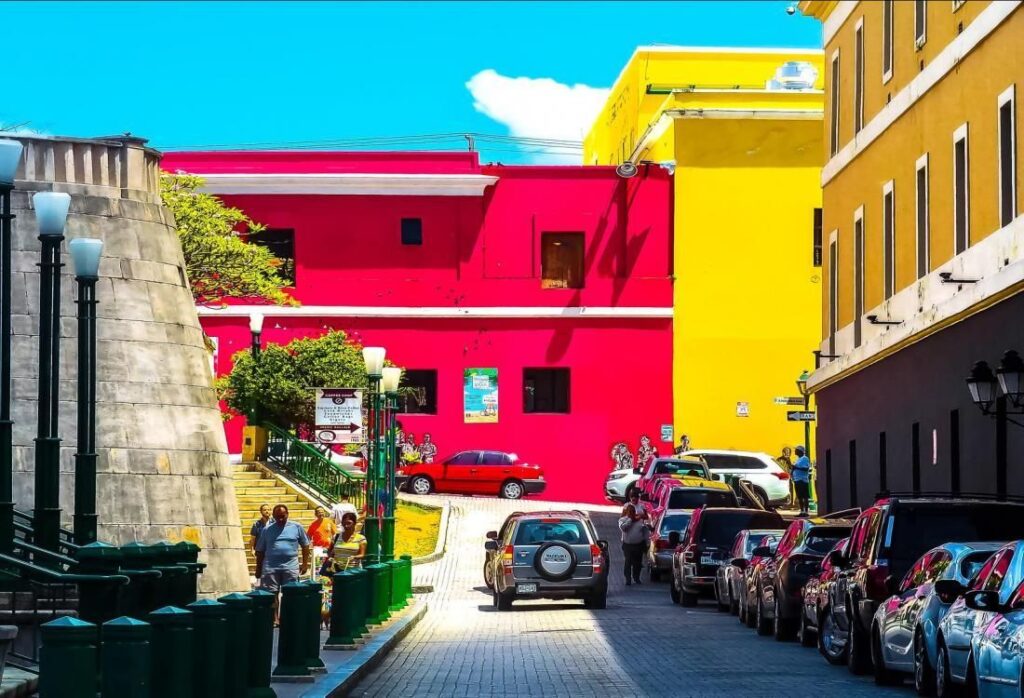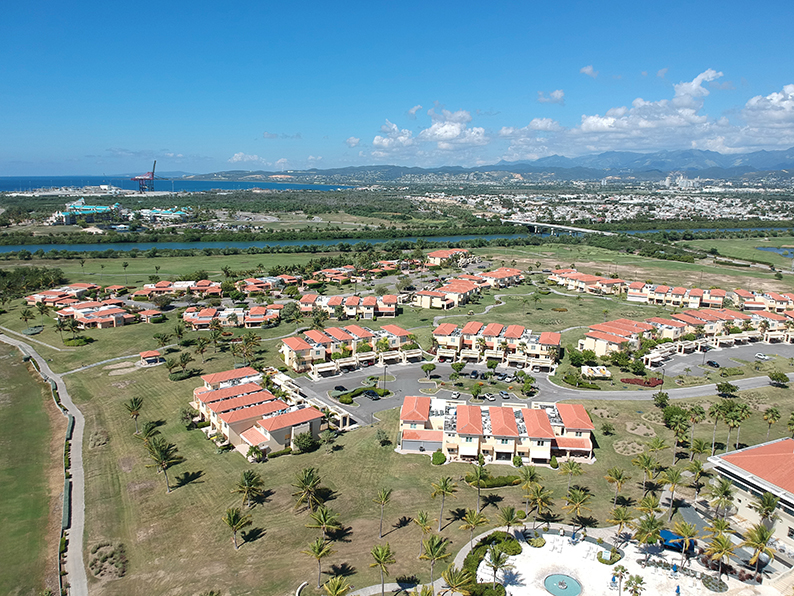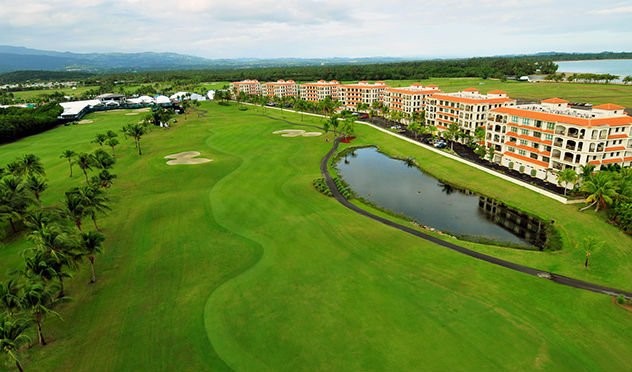Governor Announces Puerto Rico’s First Hyatt Regency
The Weekly Journal Staff 6-4-19
Gov. Ricardo Rosselló announced that Gran Meliá Hotel was bought by Monarch Alternative Capital in partnership with Royal Palm Companies and Ambridge Hospitality. Together they will rebrand and relaunch the hotel as the Hyatt Regency Grand Reserve. The governor announced that the developers are contemplating a 10-year master plan. This will include six hotels in the Grand Reserve (Coco Beach) peninsula in Río Grande, of which three are expected to be opening by 2022. “Transactions such as these that are happening now validate that our commitment to tourism is a successful one, and there is a positive environment for investment,” Rosselló said at the 41st International Hospitality Industry Investment Conference by New York University (NYU). The governor added, “we have managed to streamline processes to grant tax benefits and permits, which proves that this administration maintains a bureaucratic battle so that the private sector may have better investment opportunities.”
New Project
The Hyatt Regency Grand Reserve Resort will have five new restaurants and will create roughly 200 new jobs. The average rate is expected to fluctuate by $300 per night. During his presentation, Rosselló revealed blueprints and mockups for the property. He stressed that Puerto Rico’s “fertile and positive” environment for investments in the hotel industry. The Hyatt Regency Coco Beach Resort is part of a $120 million deal made possible through an agreement with the Puerto Rico Tourism Co. (PRTC), which granted tax credits conforming to the P.R. Tourism Development Act (Act No. 74-2010). Of the total investment, $100 million correspond to development costs to elevate the property to Hyatt’s luxury standards. The PRTC has been working on this business deal along investors for several months. PRTC Executive Director Carla Campos assures that Tourism is focused on increasing the island’s hotel inventory in the short term, emphasizing Puerto Rico’s “competitive and incomparable” investment advantages.
After damages caused by Hurricane Maria in 2017, Monarch Alternative Capital, which already had interests in the peninsula, seized the opportunity to acquire the Gran Meliá Resort, with 486 rooms, 135 bedroom units, and 14 more terrain acres. In order to proceed with the transaction, Monarch made a conjoint agreement with Royal Palm Companies and Ambridge Hospitality. According to Campos, this project makes part of a “long-term master plan” that seeks to add 2,500 new rooms to the island’s hotel inventory and 1,500 new jobs. “This will result in a total investment of roughly $1.5 billion, when the six hotels are finished,” she added. Both the governor and the PRTC executive director stressed Puerto Rico’s strategic position as a connector between the United States and Latin America and the island’s structural reforms, which they claim positions Puerto Rico as the most competitive U.S. jurisdiction for hotel investment.
The officials also highlighted the investment tools that provide a combination of tax benefits at state level, in addition to the competitive advantage of being almost entirely eligible for certain benefits and exemptions under the Opportunity Zones incentive as included in the U.S. Tax Cuts and Jobs Act of 2017.
For more information on Caribbean hospitality projects, contact AG&T.

